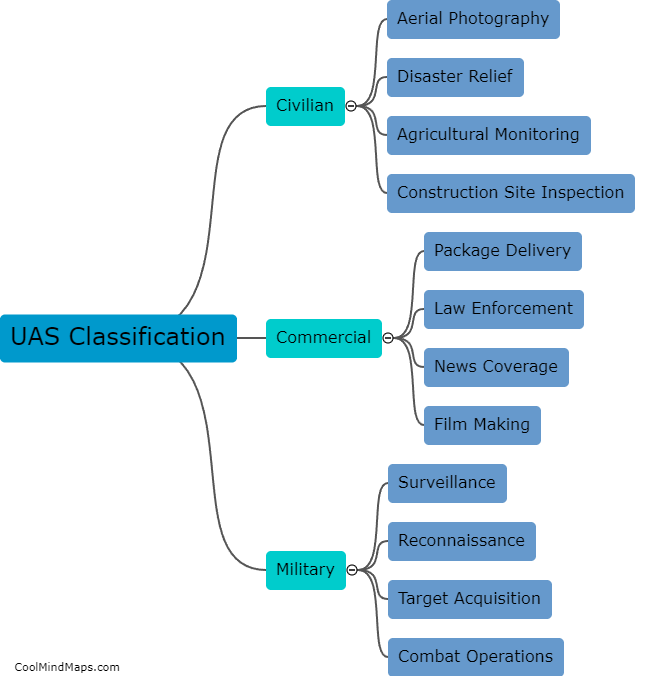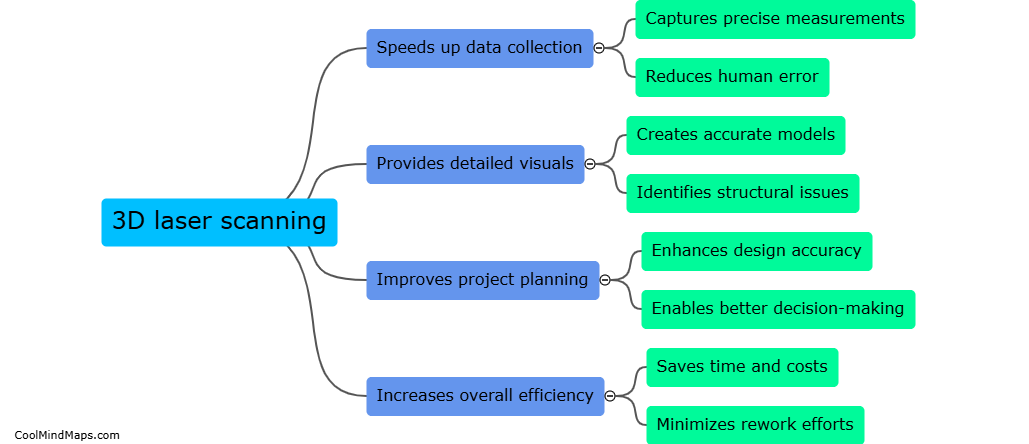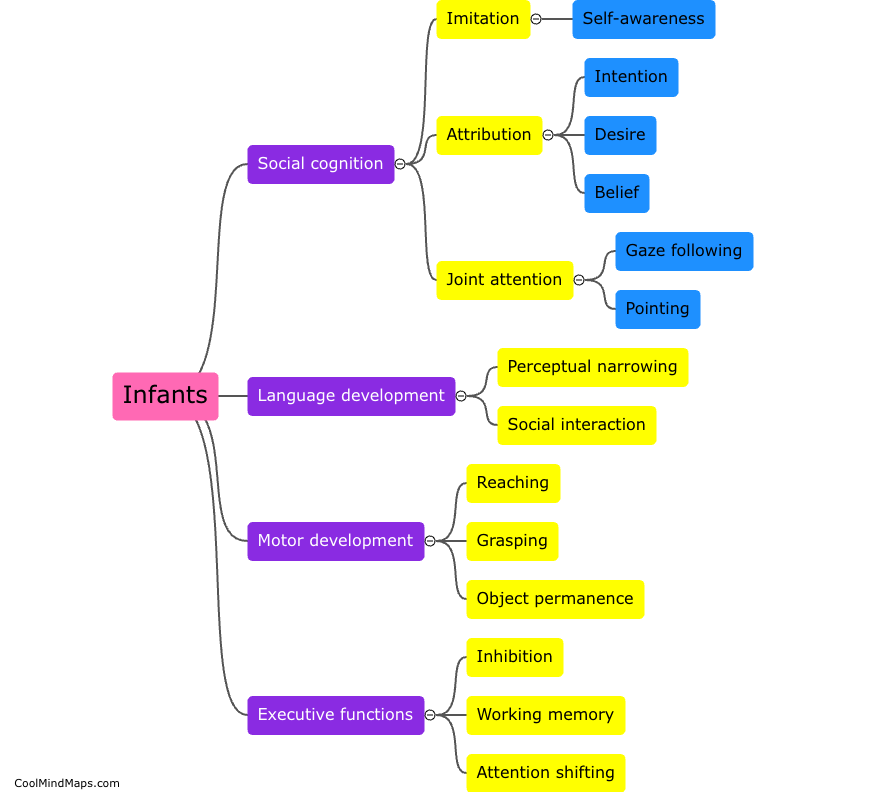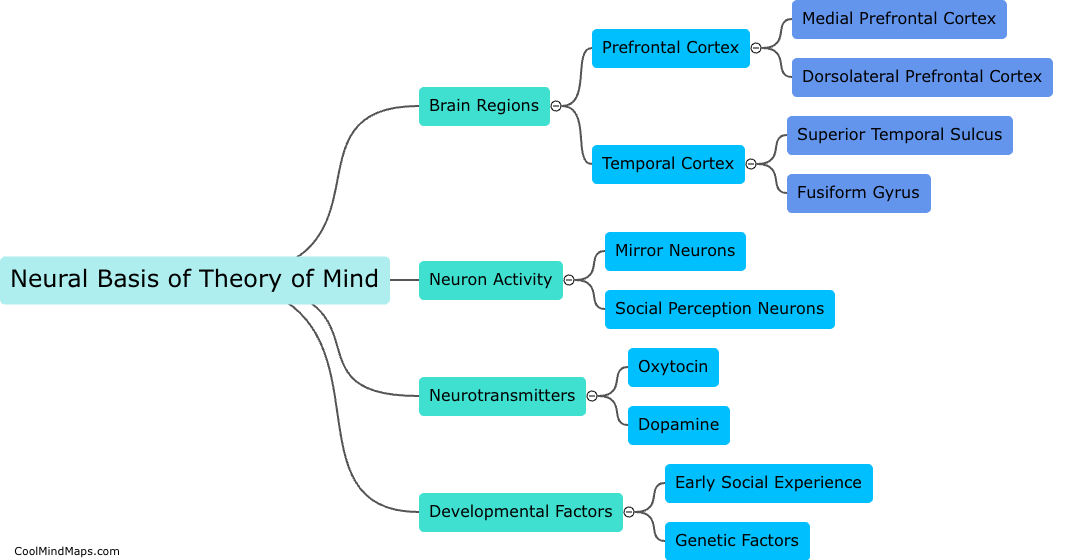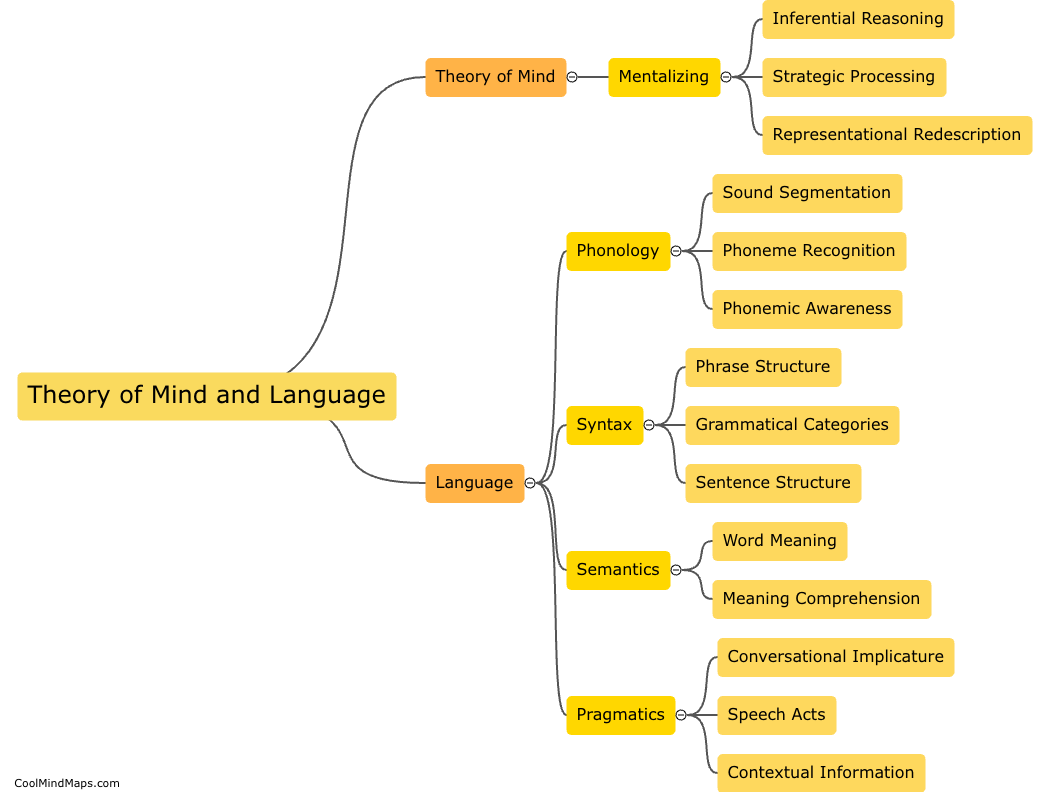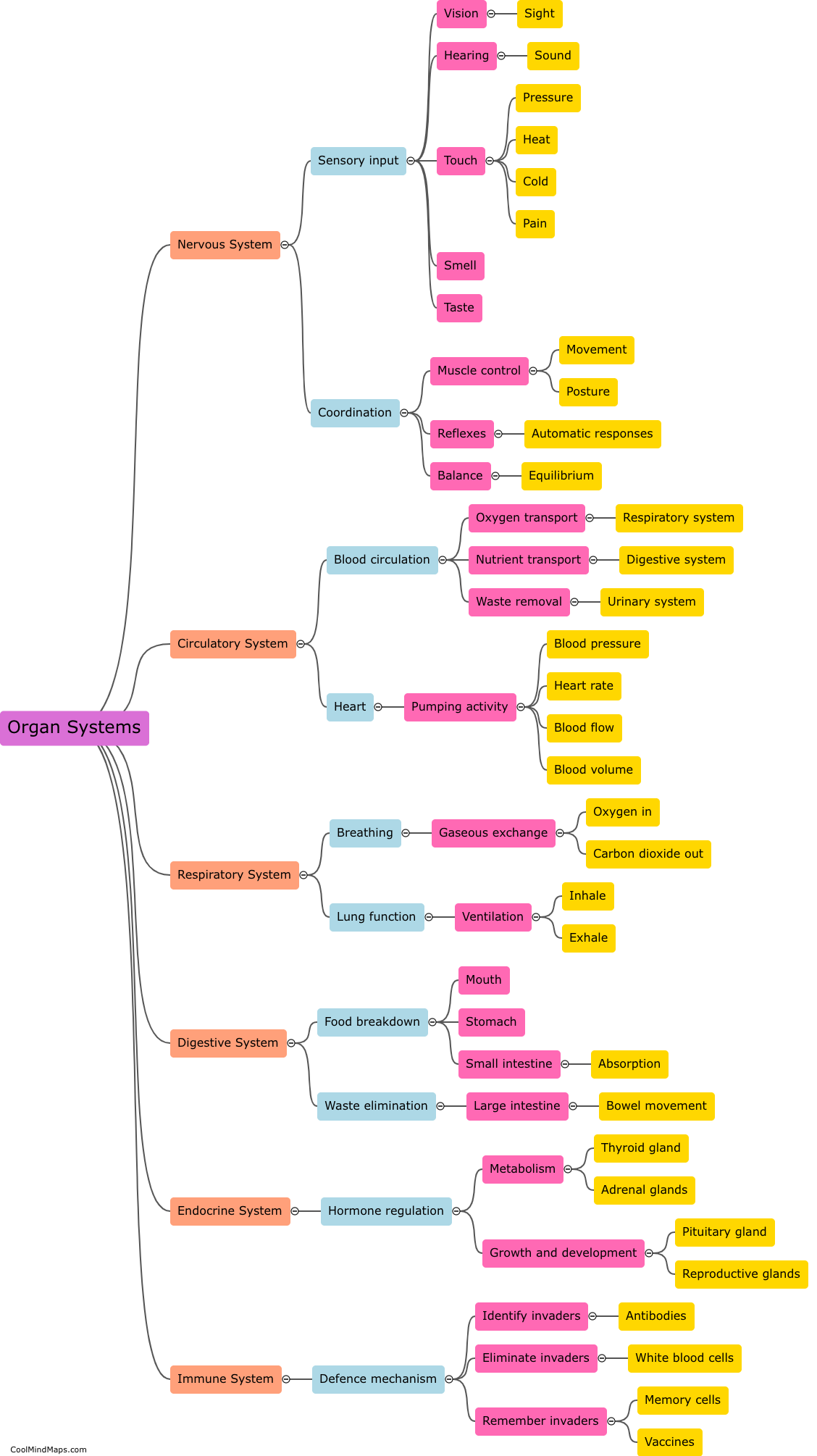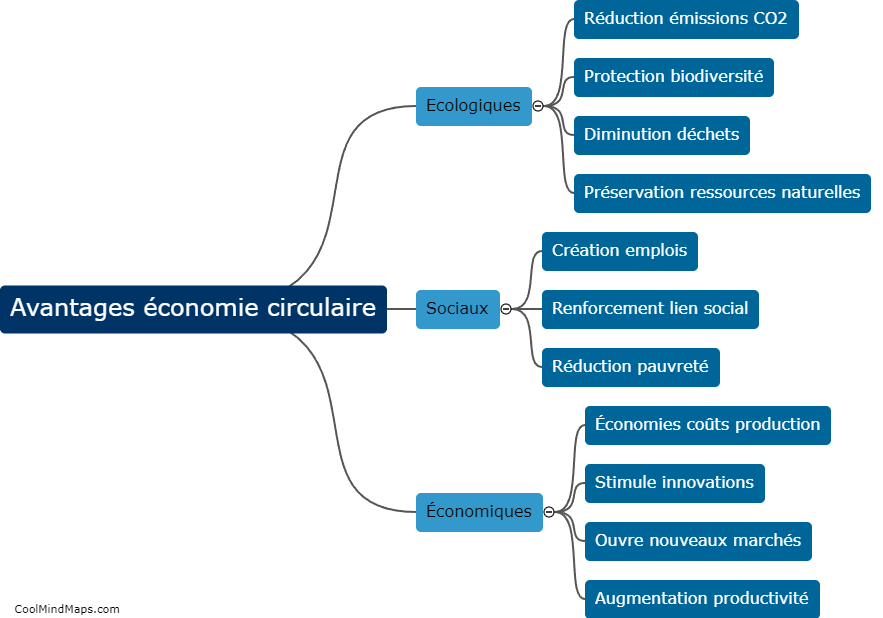How do each organ system function?
Each organ system in the human body is responsible for performing specific functions that are necessary for the overall survival and well-being of the individual. The cardiovascular system is responsible for transporting blood and oxygen to different parts of the body, while the respiratory system helps in the exchange of oxygen and carbon dioxide between the lungs and blood. The digestive system breaks down food into nutrients, which are then absorbed by the body. The excretory system eliminates waste products from the body, while the immune system protects the body against infections and diseases. The nervous system controls and coordinates the body's responses to internal and external stimuli, and the endocrine system produces hormones that regulate various bodily functions. Finally, the musculoskeletal system is responsible for providing locomotion and support to the body. These systems all work synergistically to maintain homeostasis and ensure the proper functioning of the body.

This mind map was published on 5 June 2023 and has been viewed 105 times.
